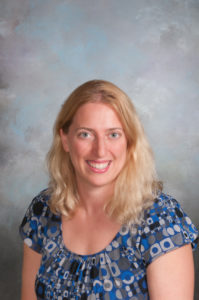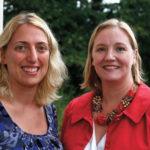
Professor of Psychological Science and Department Chair Miriam Liss
Professor of Psychological Science Miriam Liss was quoted in a New York Post article about happiness titled “10 unhappiest states list reveals some surprises.” “It is important to live where you can afford housing without being financially stressed and where you can build some sort of community and develop strong friendship networks,” Liss said. “Research suggests that other variables such as weather are considerably less important than most people think.” Read more.
Liss’s comments have been published by other media, as well, including NewsPub, Oakdale Leader, and Newsweek.

